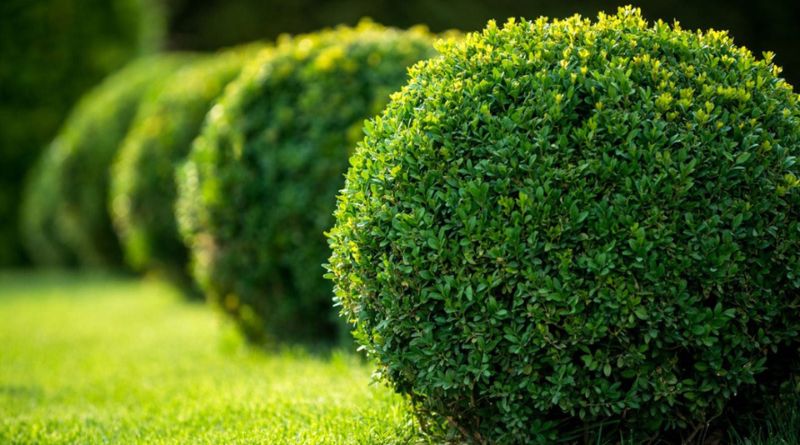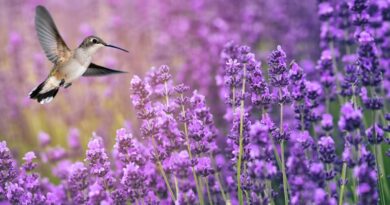In the world of landscaping, boxwoods have long reigned supreme as a popular choice for creating elegant and structured green spaces. However, there are many alternatives that can offer a similar level of beauty and functionality while also adding a unique touch to your landscape. Whether you’re looking for something with a different texture, color, or growth habit, these seven boxwood alternatives are worth considering for your evergreen landscape.
1. Japanese Holly (Ilex Crenata)
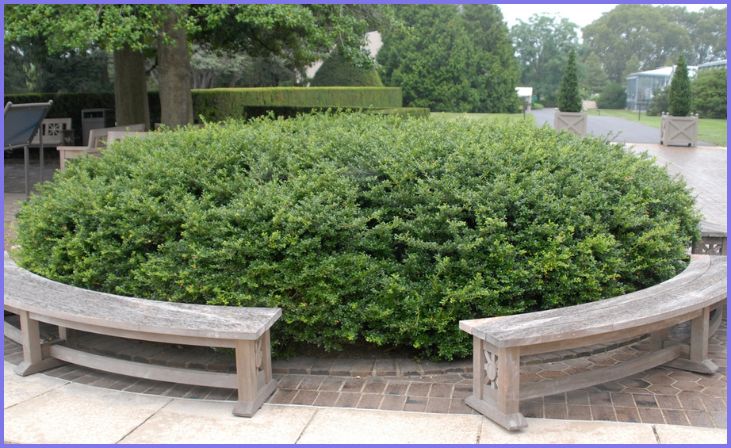
Japanese Holly is an excellent substitute for boxwood, especially in areas where boxwood blight is a concern. It has small, glossy leaves and a dense growth habit that makes it ideal for hedges and borders. Japanese Holly comes in various cultivars, offering options like ‘Sky Pencil’ with its narrow, upright form or ‘Convexa’ with its rounded growth.
2. Dwarf Yaupon Holly (Ilex Vomitoria ‘Nana’)
For a compact and low-maintenance alternative to boxwood, consider Dwarf Yaupon Holly. It features small, dark green leaves and can be pruned into neat shapes or left to grow naturally. This evergreen shrub is drought-tolerant once established and provides year-round interest with its glossy foliage.
3. Korean Boxwood (Buxus sinica var. insularis)
If you like the look of boxwood but want something a bit different, Korean Boxwood is a great choice. It has similar characteristics to traditional boxwood but tends to be more cold-hardy and resistant to pests and diseases. Korean Boxwood can be pruned into various shapes and sizes, making it versatile for different landscape designs.
4. Inkberry (Ilex glabra)
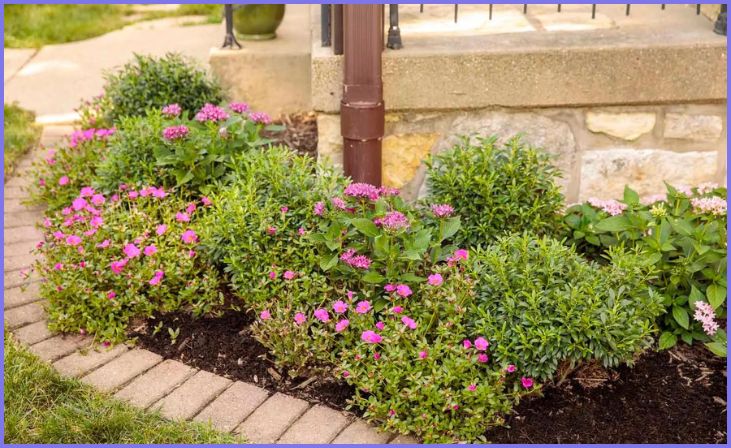
Inkberry is a native North American shrub that offers a unique alternative to boxwood. It has dark green foliage and produces small black berries in the fall, adding seasonal interest to your landscape. Inkberry is adaptable to various soil conditions and can tolerate both sun and shade, making it a versatile choice for different garden settings.
5. Dwarf Alberta Spruce (Picea glauca ‘Conica’)
For a more conical and formal look, Dwarf Alberta Spruce is an excellent substitute for boxwood. Its compact size and dense growth make it perfect for accentuating garden beds or lining pathways. This slow-growing evergreen requires minimal maintenance and adds a touch of elegance to any landscape.
6. Nandina (Nandina domestica)
Nandina, also known as Heavenly Bamboo, is a versatile shrub that offers year-round interest. It has bamboo-like stems and clusters of red berries in the fall and winter, providing a pop of color against its evergreen foliage. Nandina is drought-tolerant once established and can be used as a low hedge or specimen plant.
7. Chinese Holly (Ilex cornuta)
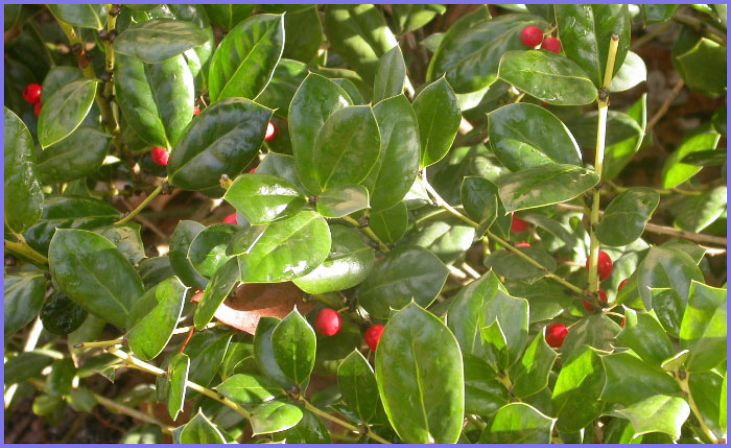
Chinese Holly is another boxwood alternative that brings a different texture to the landscape. It has glossy, spiny leaves and produces red berries in the winter, attracting birds to your garden. Chinese Holly is adaptable to various soil types and can withstand both sun and partial shade, making it a reliable choice for different garden situations.
In conclusion, while boxwoods have their charm, these seven alternatives offer a range of textures, colors, and growth habits to enhance the elegance of your evergreen landscape. Whether you prefer the compactness of Dwarf Yaupon Holly or the unique foliage of Inkberry, there’s a perfect substitute to suit your gardening needs. Experimenting with these alternatives can add depth and interest to your outdoor spaces while ensuring a thriving and visually appealing garden year-round.

